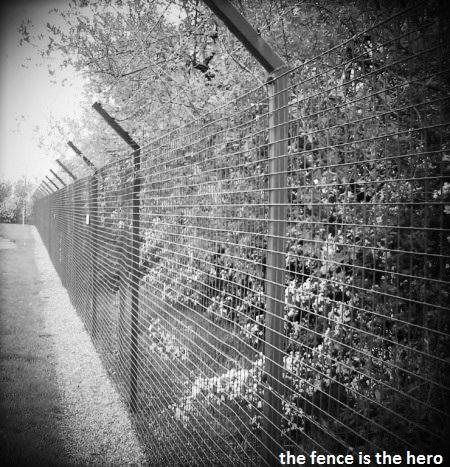"The TechNo-Tribe of Palo Alto - 2031 A.D." New Myth #83 by Mythologist Willi Paul, Planetshifter.com
"The TechNo-Tribe of Palo Alto - 2031 A.D." New Myth #83 by Mythologist Willi Paul, Planetshifter.com
Greywater is gently used water from your bathroom sinks, showers, tubs, and washing machines. It may contain traces of dirt, food, grease, hair, and certain household cleaning products. While greywater may look "dirty," it is a safe and even beneficial source of irrigation water in a yard. Greywater can also be used to irrigate vegetable plants as long as it doesn't touch edible parts of the plants. Big Book, Page 237.
* * * * * * *
A little Draconia; a lot of Indian Summer on University Ave. "Profit is Resilience" is a bad joke around the fire pit. Sharing is everybody's middle name.
Somebody just started a rumor in the camp: that the year is 2031. Nobody cares. Long days in the gardens and guard duty at night fill up most of each Tribe member's time in Palo Alto now. It's 4017 for all they know.
When the class and economic troubles erupted during the global environmental justice wars and crashed their beautiful for-profit tech utopia back in 2029, the PA residents erected an 18' high barbed wire fence around the City, using material extracted from their own backyards and business plots, an irony that missed by anyone from the age of re-use.
They don't know who they are keeping in.
The TechNo-Tribe runs a few outdated gadgets with a solar / pedal power wireless HON (hands on network). Many folks have primitive string and cans to talk over the day's tasks. No shit.
At this stage, they have burned all of the trees in the re-zoned city in a low tech bid to survive and have to find other things to barter for fuel and fuel with the outside. The previous garage-bent civilization, and it's cardboard, is long gone.
* * * * * *
In Palo Alto, you can post a notice of need on the fence community bulletin board. Bartering is the new dollar bill. Big Book, Page 7.
* * * * * * *
The end of Internet-driven social media has created a new condition in the camp called "buzz down syndrome" that reduces communication between residents to a type of "psycho-babble."
Good Shepherd Church of Silicon Valley has been vandalized and condemned so much that residents are shocked when a small team of anarchists open a rocket stove, bike parts and repair shop in the Nave. The Old Liberty Bank is their current medical clinic and pot club.
Soil tending and control is a big deal in the island as the streets have been torn-up in favor of internment farming with rows of soy beans and peas. Past the torn-out Caltrain rails to the west, Stanfordlands is a post-ag fortress that shelters their seeds for shoes and matches.
* * * * * * *
One of the simplest methods of adding nutritious material to your garden beds is by incorporating well composted vegetation onto and into the soil. Composting mimics and intensifies nature's recycling plan. The fertility of your soil also can be affected by how often you till the soil and the kinds of mulches you use. A compost pile starts out as a diverse pile of kitchen and garden "waste," and matures into what soil scientists call biologically active organic matter. Big Book, Page 95.
* * * * * * *
The Tribe's "Oath of Security" is one big unbent rule. If the community isn't the Hero, maybe the fence is? The razor sharp, shadeless boundary is both ritual and routine, a prayer for a savior and the finger to a non-existent warden. If you believe in Jungian archetypes, the Palo Alto TechnoNo-Tribe has shifted psychically from: "The Internet and Gadgets Will Connect Us All" to "The Fence Will Save Us."
The permaculturists are in a 24/7 surveillance nightmare while their sisters in the Transition Movement have stopped visioning the future to push a local veggie engine. Negative population growth is by default.
* * * * * * *
'In terms of new ongoing cultural connecting themes, rituals and traditions, Latin style barbecues, fire circles and community councils have become a foundational piece of the last Ecological Landscaper Immersion program. These were opportunities where we came together not to learn about things but to deeply connect with each other, provide a space for listening cultural mentorship, healing and celebration. In many ways it's the glue that keeps these communities together and moving forward on their collective paths.' Big Book, Page 103.

